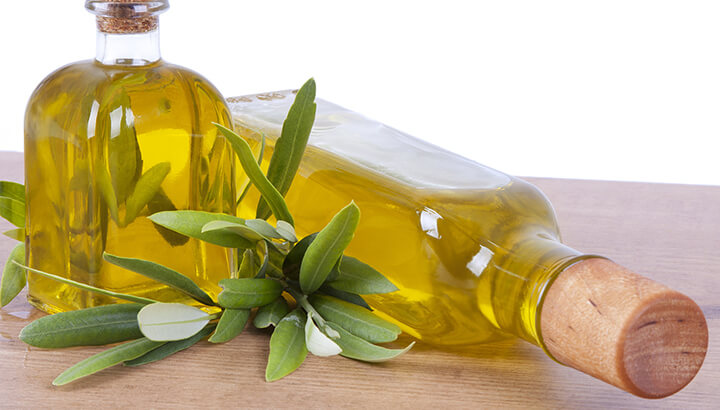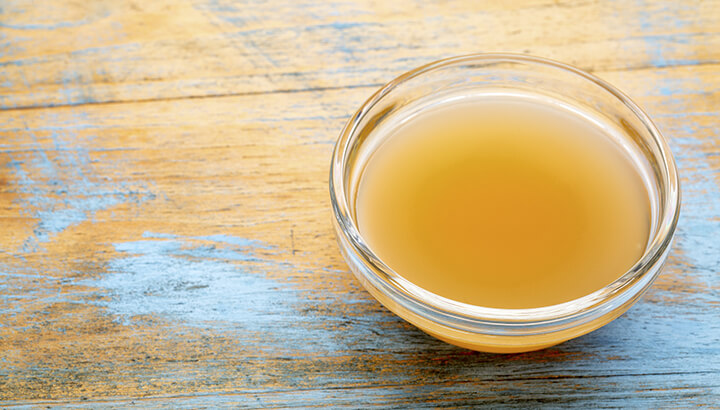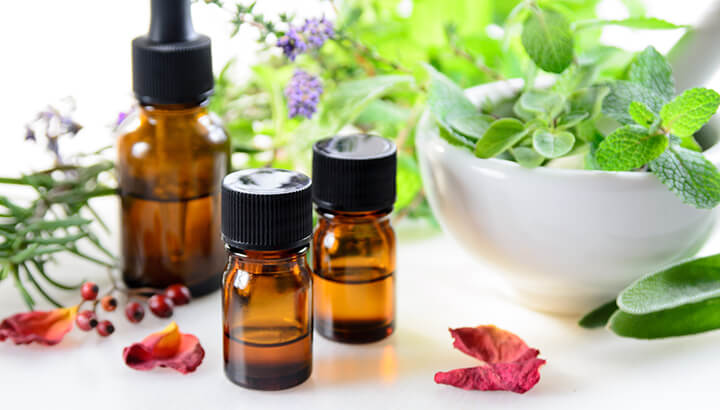
It’s fair to say that clogged ears are more than just a little bit annoying. They always seem to strike at the worst possible moment. They throw off your balance, make your own voice sound quiet and stuffy, and really lower your quality of life.
Symptoms of a clogged or blocked ear include:
- Impaired hearing ability
- A popping or bubbly sensation in your ear canal when you swallow
- Windy or turbulent sounds inside your ear
- A physical feeling of blockage or liquid in your ear
These symptoms can occur due to a range of reasons. Perhaps the most common is a simple wax buildup, a problem which besets some more than others. Other causes of clogged ears include the closure of your Eustachian tubes, pressure differentials between your inner and outer ear or infection in the ear canal. And of course, there are cold, flu or allergy problems.
Personally, I regularly suffer from clogged ears whenever I swim on a regular basis or head to a beachside resort on vacation. The constant immersion of my ears in water causes me to develop swimmer’s ear. Or, it pushes the wax from my outer ear into my inner ear. This results in a seriously uncomfortable blockage. Sure, I could simply wear a swimming cap or avoid swimming altogether, but that’s not my idea of fun!
Rather than heading to doctor for an expensive, often painful unclogging via syringe or water pump, look first to your medicine cabinet, kitchen pantry or even your local supermarket. These hold many effective home remedies for treating your clogged ears and saving your wallet. Here are just a few:
Olive oil

I’ve used this natural home remedy a number of times to treat my clogged ears. It works like a charm. Plus, most people always have a bottle of olive oil in the kitchen. It makes a super convenient go-to remedy!
If you’re suffering from clogged ears due to a buildup of wax, soften the wax with warm olive oil. This enables you to easily unclog your ear canal, without the potentially damaging process of sending a jet of warm water into your ear, as would occur if you went to the doctor. Here’s what to do:
1. Gently warm a teaspoon of olive oil. I do this by putting a small amount in a saucepan and heating on low over a stove. Or, simply place the olive oil in a small glass bowl. Next, sit that bowl in shallow hot water. Either way, make sure your olive oil doesn’t get too hot. You can run the risk of damaging your ears if you’re not careful.
2. Lie on your side. Then use a glass dropper to add a few drops of warm olive oil into the affected ear. You’ll know when you’ve put enough in. You’ll hear or feel the ear canal fill with liquid.
3. Remain lying on your side for 10 minutes. This allows the olive oil to soften the wax.
4. After 10 minutes, place a wad of tissues or a cotton bud on the outside of your ear. Turn onto your other side to allow the oil (and hopefully ear wax) to drain out. If you other ear is blocked as well, repeat this process in reverse.
Valsalva maneuver
I use this nifty little trick to unclog my ears before I try anything else. If done correctly, it will quickly and easily resolve your clogged ear problem. The important thing to remember, however, is that it must be approached with caution. Blowing too hard exposes your ear canals to excess pressure. This could potentially result in injury, so take caution. Here’s how to do it:
1. Pinch your nostrils closed with your fingers. Now, take a deep breath then close your mouth.
2. Blow air out of your nose to regulate air pressure in your ears. The trapped air should cause your Eustachian tubes to re-open, signified by a slight popping sound. Remember: blow gently. Placing too much pressure on your ear drums can be dangerous.
Warm compress
The warm compress technique is similar to the olive oil home remedy. It’s arguably even easier, as all you have to do is soak a washcloth in hot water! This is also a great option for when you are suffering from a cold or sinus congestion. The heat from the hot, damp washcloth helps to alleviate congestion, soften ear wax and unclog your ears. Here’s how to do it.
1. Soak a washcloth in warm to hot water. The hotter the better! But, of course, you should still be able to place the cloth on your skin without burning yourself.
2. Wring out the washcloth to remove excess water. Next, lie down and place the cloth over your ear for 10 minutes or until it has cooled down. For more effective treatment, have another hot washcloth on hand to extend your ear “soaking” time to 20 minutes.
3. Remove the washcloth. Now use a tissue or cotton ball to wipe off any wax which comes out when you tip your head over.
Apple cider vinegar and alcohol

If your clogged ears are due to an infection, combining the sterilizing qualities of alcohol with the antibacterial abilities of apple cider vinegar can go a long way towards solving your problem. Rubbing alcohol is best for maximum disinfection power, along with raw apple cider vinegar.
1. In a small bowl, mix together equal parts rubbing alcohol and apple cider vinegar. A good amount to start with is one teaspoon of each.
2. Lie on your side and use an eyedropper to place three to four drops of the mixture into the affected ear.
3. Remain on your side for 10 minutes. Allow the mixture to really get to work on your ear infection.
4. After 10 minutes, place a cotton ball or tissue against your ear and sit up. This allows the liquid to drain from your ear. If necessary, use the ball or tissue to remove any easily accessible ear wax from around the inside of your ear.
5. If your infection is attacking both ears, repeat on the other side.
Hydrogen peroxide
I usually only use hydrogen peroxide if the other methods haven’t worked out. But, it’s undoubtedly an effective treatment for clogged ears. It helps to both treat infection and to soften up any wax buildup within your ear canal. Here’s what to do:
1. Lie on your side and use an eyedropper to place two to three drops of three-percent hydrogen peroxide in your affected ear.
2. If you hear fizzing sounds, don’t worry. That’s what is supposed to happen! Continue lying on your side for 10 minutes or until the fizzing stops.
3. Sit up with a cotton ball pressed against your ear to catch the peroxide that drains out. Don’t repeat this process on the same day. Too much hydrogen peroxide exposure can harm your ear drums.
Steam and essential oils

Breathing in steam is one of the simplest and least-invasive home remedies for treating clogged ears, especially if they are being caused by blocked sinuses or a cold. The steam helps to decongest both your nose and your ears. The treatment thins out mucus and loosens wax, which in turn will help to treat your clogged ears.
1. Boil two to three cups of water, then pour into a large bowl.
2. As an optional but highly effective additive, pour in a few drops of lavender, peppermint or tea tree (Melaleuca) essential oil. This will help to speed up the decongestion process and calm your mind.
3. Cover your head with a towel and breathe in the steam for around five minutes, or until your clogged ears clear up.
4. To increase the effectiveness of this remedy, consider taking a hot steamy shower before trying the steaming bowl technique. The two combined will be dynamite against clogged ears!
Diet
One of the best ways to treat clogged ears due to infection is to focus on cleaning up your diet. Certain foods can make your situation worse, while others can allow you to recover surprisingly quickly. Avoid processed foods, particularly those that contain additives or artificial compounds. These degrade your health and lower your immunity, meaning your body is less able to treat the ear infection. Other foods to avoid include potential allergens such as pasteurized dairy products, peanuts and gluten. And of course, cutting back on your sugar intake is always a good idea!
Next, focus on feeding your body with the most nutritious, chemical-free whole foods. Ensure you get plenty of vegetables, particularly those like broccoli and dark leafy greens. These are high in vitamin C and other immune-supporting nutrients. Include two to three servings of vitamin C-rich fruits, such as oranges, raspberries and strawberries — but don’t go overboard. Finally, up your intake of omega-3 superfoods such as wild caught, cold-water fish and free-range eggs. And, for a real anti-infection boost, eat plenty of fresh garlic, ginger and turmeric. Your body will thank you!
Have you tried any of these anti-clog home remedies? Let us know how effective they were, or whether you have any other secret weapons against clogged ears!
— Liivi Hess

